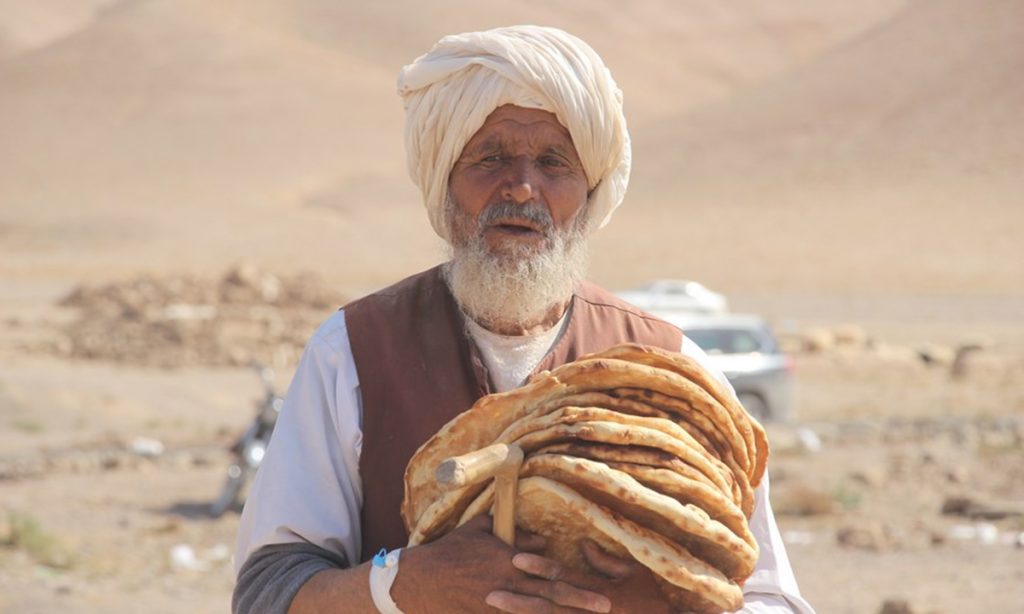IFRC continues to provide relief items to quake-affected Afghans, says IFRC official

The Asia-Pacific Regional Director of the International Federation of Red Cross and Red Crescent Societies (IFRC) Alexander Matheous has described the situation of quake-affected people in west Afghanistan's Herat province as extremely impoverished, and said the body would continue to assist them.
"We will continue to provide relief items in the coming days. Our plan is to work with the Afghan Red Crescent on suitable shelters for the people to live in the short term," Matheous told Xinhua in a recent exclusive interview.
The IFRC has already provided humanitarian assistance such as blankets, non-food items and hygiene kits, the official said, adding the affected families need more support.
The official who visited the quake-stricken areas in Herat also noted that the quake-affected people need support to rebuild their homes and live in the long term.
Two deadly quakes, each with a magnitude of 6.2 on the Richter scale, followed by several aftershocks, rocked west Afghanistan with an epicenter in the Zanda Jan district of Herat province last Saturday, and left at least 2,053 dead and thousands more injured.
Another tremor measuring 6.3 on the Richter scale jolted Herat on Wednesday, killing one person, injuring more than 150 others, and causing property damages.
"More than 2,000 people and over 2,000 homes are destroyed," the official said, adding most of the victims are women and children, and the affected families have lost what they had.
"People need food, water, shelter, medical camp...It was a very dramatic and tragic disaster for the people," the official told Xinhua.
Praising the contribution of the Afghan Red Crescent Society in tackling the problems of the quake-affected people, the official said that it was the first humanitarian organization to be present after the disaster.
"We will support the Afghan Red Crescent to work not just in this relief phase, but also in the months to come to rebuild the houses and people's livelihoods," Matheous emphasized.